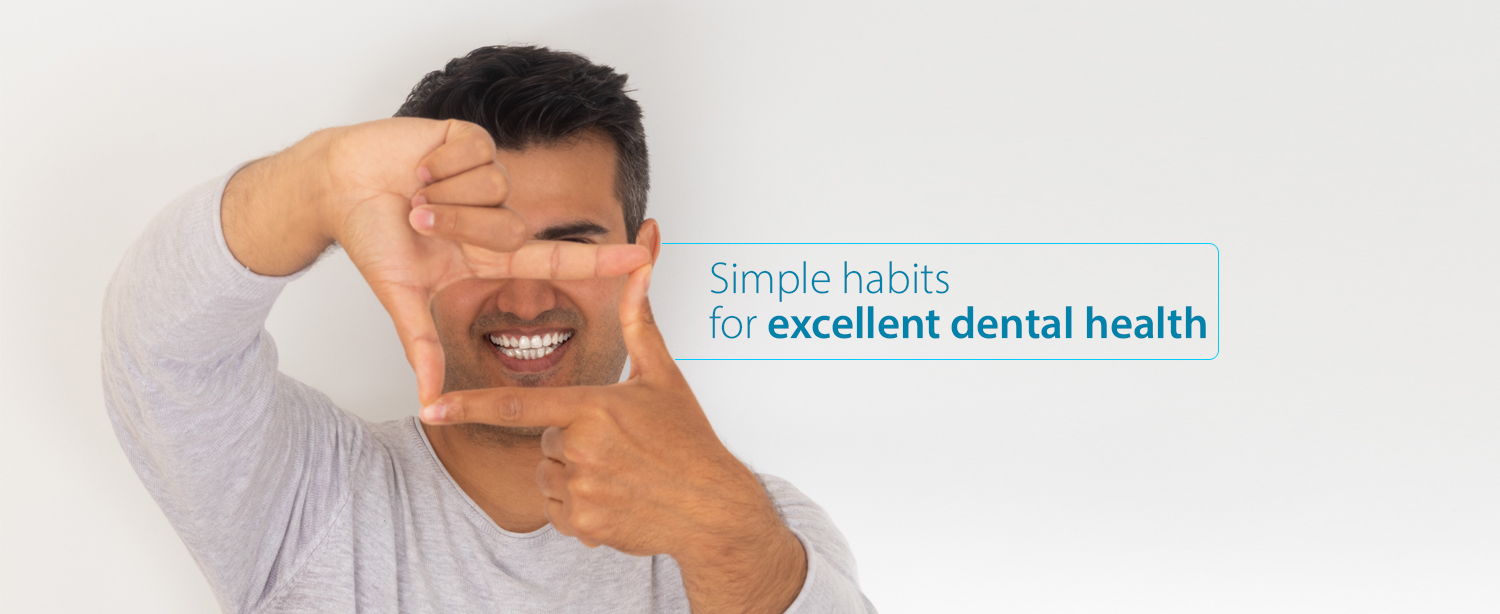Whether you’re busy chasing goals of the corporate world, juggling deadlines as a freelancer, mastering the art of multitasking as a homemaker, or burning the midnight oil as a student, one thing is for sure – your smile is your superpower! What steps do you take every day to maintain a healthy and white smile? Dental care and oral hygiene are more important than you think.Many Indians are affected by dental problems like tooth decay, periodontal disease, cavities, and oral cancer. Medical statistics suggest that over 95% of adults in India have dental cavities and over 50% of adults suffer from periodontal disease.
Importance of Oral Hygiene
Oral hygiene plays a crucial role in maintaining overall health and well-being. Beyond the aesthetic aspect of a bright smile, proper oral care prevents a myriad of health issues. Brushing, flossing, and regular dental check-ups are fundamental practices to prevent tooth decay, gum disease, and bad breath. Neglecting oral hygiene can lead to the buildup of plaque and tartar, which harbor harmful bacteria that can cause cavities and gum inflammation, eventually leading to periodontal disease. Moreover, poor oral health has been linked to systemic health problems such as heart disease, diabetes, and respiratory infections.
Simple Habits for Maintaining Good Oral Health
Follow these habits regularly for better oral health:
- Brush Twice a Day
The cornerstone of any good dental care routine is, you guessed it, brushing your pearly whites! Make it a habit to brush your teeth twice a day, once in the morning and once before bedtime. Choose a fluoride toothpaste and use a soft-bristled brush to gently massage your gums and remove plaque buildup. - Floss Daily
While brushing cleans the surfaces of your teeth, flossing gets into those hard-to-reach nooks and crannies where stubborn food particles and plaque love to hide. Make it a habit to floss daily, preferably at bedtime. - Watch your Diet
You are what you eat, and your teeth are no exception! Avoid sugary and sticky snacks that can wreak havoc on your dental health. Instead, opt for tooth-friendly foods like crunchy fruits and vegetables, dairy products, and plenty of water to keep your mouth hydrated and your smile sparkling. - Limit your Coffee and Tea Intake
Excessive consumption of coffee and tea can stain your teeth over time, leaving you with a less-than-dazzling smile. Try to limit your intake and rinse your mouth with water afterward to minimize staining. - Quit smoking
Smoking poses a significant threat to oral health by compromising the body’s immune system, hindering tissue recovery, particularly within the mouth. It is also known to increase risk of gum disease and adversely affects breath odor and alters the appearance of teeth and tongue through discoloration. - Stay Hydrated
Speaking of water, staying hydrated is not only essential for your overall health but also for your oral health. Drinking water helps wash away food particles and bacteria, neutralizes acids in your mouth, and stimulates saliva production – nature’s own defense against tooth decay. - Schedule Regular Dental Checkups
Last but certainly not least, don’t skip your regular dental checkups! Even if you’re not experiencing any dental issues, it’s crucial to see your dentist at least twice a year for a professional cleaning and oral examination. Prevention is always better than cure.
Dental care services at Kokilaben Dhirubhai Ambani Hospital
If you’re experiencing any dental health issues such as tooth discomfort, oral infections, periodontal problems, or cavities, don’t hesitate to schedule a visit to your dentist. Delaying regular care could exacerbate existing problems. Our Department of Dental Surgery is staffed by highly skilled and experienced dentists who are dedicated to addressing your oral health concerns promptly. We recognize that dental issues can arise unexpectedly, which is why we provide after-hours emergency care, including Sundays and holidays. Equipped with state-of-the-art technology we adhere to the strictest safety and sterilization protocols and prioritize your dental well-being. Additionally, we also offer Laser Dentistry treatments to enhance your comfort and improve the outcomes of your dental procedures. Please find below our website link: ttps://www.kokilabenhospital.com/departments/clinicaldepartments/dentalsurgery.html


